Military Spouses: From the home front to the tech front
Navigating the professional landscape can be challenging for military spouses, whose career paths often need to be adaptable to the demands and unpredictability of military life. Software engineering and development offer an ideal solution, providing the kind of flexibility and resilience that aligns perfectly with the unique needs of military spouses seeking a fulfilling and rewarding career.
Military spouses often find themselves in a constant cycle of job hunting and career readjustment, trying to find meaningful employment that can accommodate their transient lifestyle. The traditional 9-to-5 job can be impractical, with moves every few years limiting long-term career development in any location. Moreover, employers may hesitate to hire military spouses, fearing their tenure will be short-lived. These factors contribute to higher unemployment rates among military spouses than their civilian counterparts.
Why Software Engineering?
The tech industry is known for growth, a high demand for skilled professionals, and flexibility. Software engineering, in particular, offers the possibility of remote work, adaptable schedules, and a culture of inclusivity and continuous learning. These attributes are not just desirable but necessary for military spouses who need careers that can move with them and grow as they do.
Code Platoon specializes in transforming Veterans and military spouses into highly skilled software engineers. Our program is designed to teach the full web development stack, including Python, Django, JavaScript, HTML, and CSS. Importantly, no previous programming skills are required to start this journey. Code Platoon also provides flexible learning options like remote /virtual, full-time, and evening and weekend programs.
Proven Success
The effectiveness of Code Platoon’s approach is clear in our outcomes. In the last two years, 74% of our graduates have found software engineering positions within six months of completing the program. The impact on their financial well-being is significant, with a median starting salary of $85,000. This figure rises to an impressive median salary of $115,000 within 24 months.
A Path Forward
For military spouses, Code Platoon represents more than just an educational opportunity; it’s a pathway to a rewarding career that accommodates the realities of military life. Code Platoon provides remote learning options designed to accommodate the demands and challenges of life as a military spouse. Code Platoon also offers a range of full and partial scholarships for military spouses. More than 90% of military spouses received financial support last year alone.
“A major benefit of attending Code Platoon was the financial assistance. As a spouse, I wasn’t eligible for the GI Bill or VET TEC. Still, I received a full military spouse scholarship, making it possible for me to pursue a career in Software Engineering without worrying about the financial burden of paying for tuition, “ said Lily Yang, Army spouse and Sierra Platoon grad.
“Being a military spouse has shaped me with adaptability and resilience. As a spouse, I had five jobs in five different industries. I think spouses excel at project management and quick turnarounds. We’re flexible and resilient,” said Hui Zhao, who graduated from Code Platoon’s Evening and Weekend program.
The journey of a military spouse is one of resilience and adaptability. Code Platoon recognizes and honors this journey by providing a practical, supportive route to a career in software engineering. If you’re a military spouse seeking a rewarding career that matches your lifestyle, consider the transformative power of Code Platoon.
Jim Hennessey is Code Platoon’s Director of Marketing. Jim brings a strong background in nonprofit marketing and start-up enterprises to the mission of Code Platoon. Jim is a graduate of Clemson University and currently lives in Chicago. Follow Jim on LinkedIn.

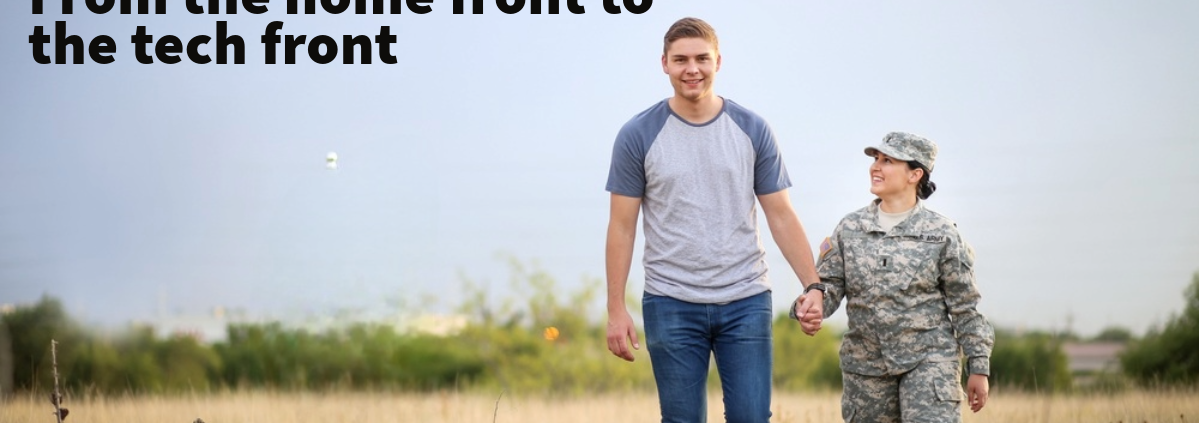
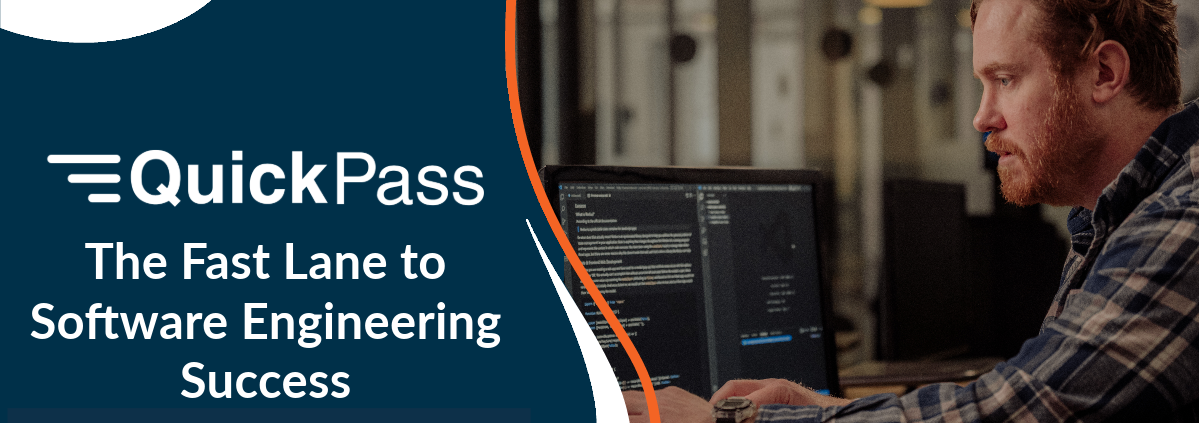
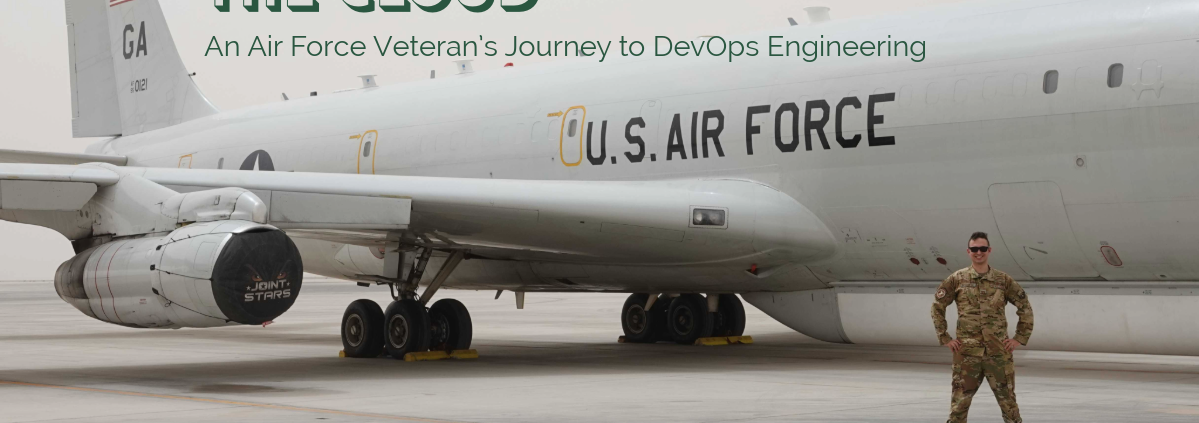
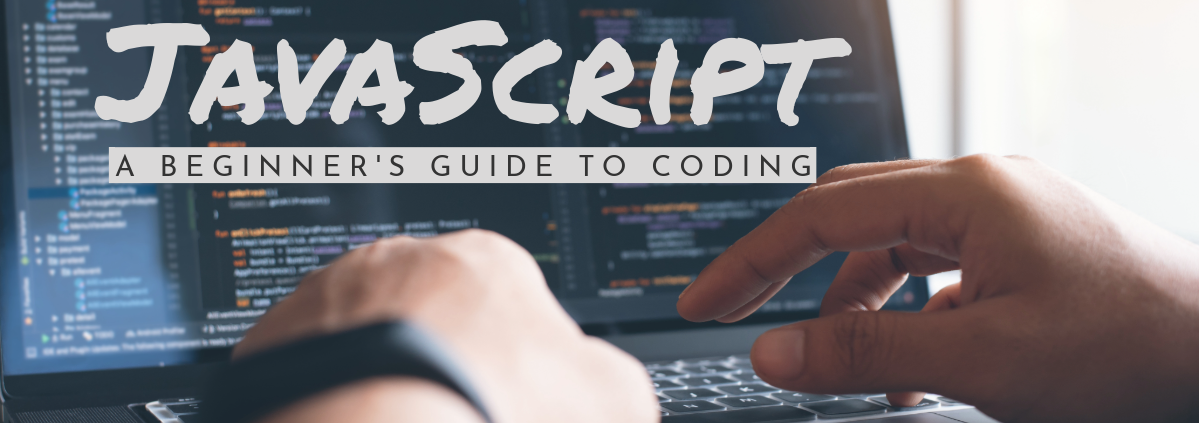


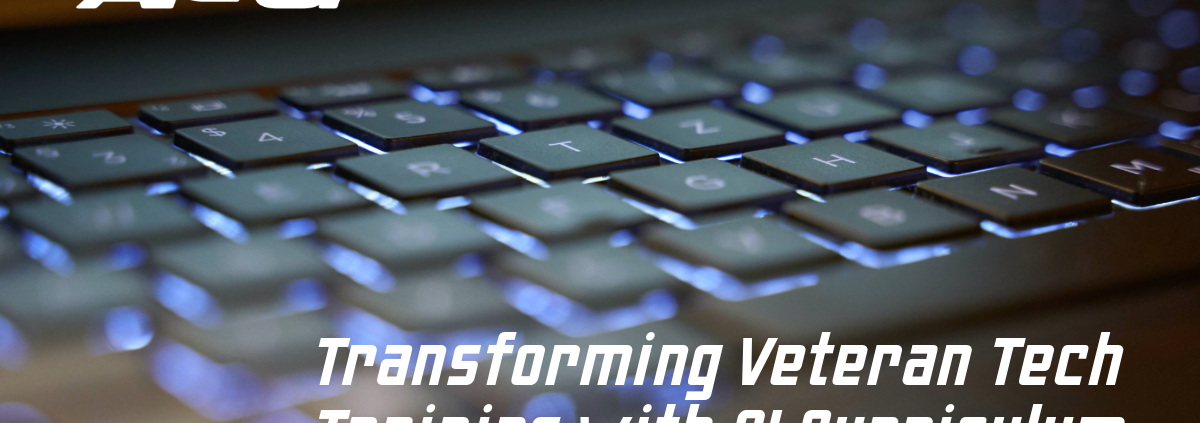


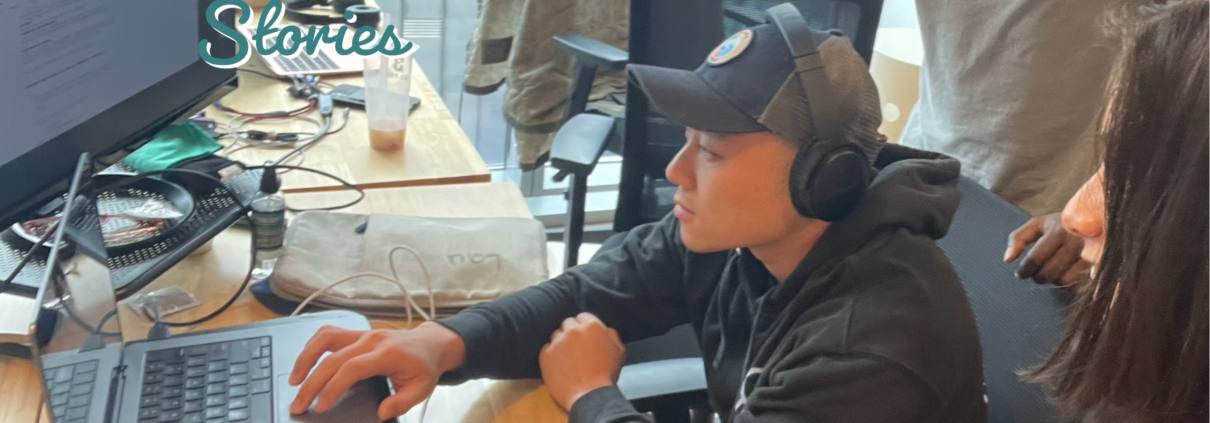
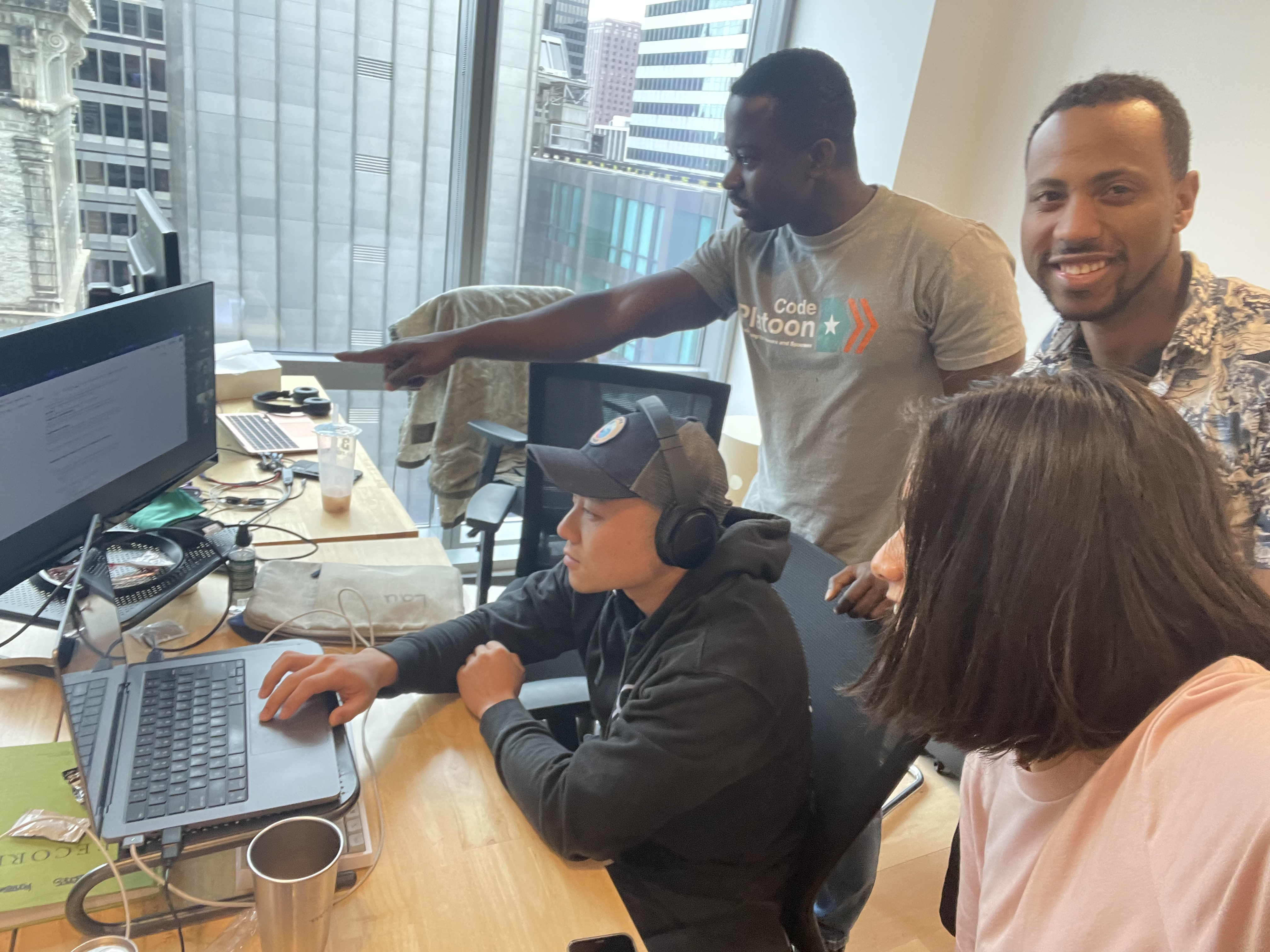 It’s time for lunch, and Kelvin and his classmates grab some takeout and review their notes before an afternoon of working on their
It’s time for lunch, and Kelvin and his classmates grab some takeout and review their notes before an afternoon of working on their  “The other reason I chose Code Platoon was to be part of the exclusively military Coding Bootcamp community. The shared experience here is comforting,” Kelvin says. “Even most of the instructors are Veterans themselves.”
“The other reason I chose Code Platoon was to be part of the exclusively military Coding Bootcamp community. The shared experience here is comforting,” Kelvin says. “Even most of the instructors are Veterans themselves.”